Review

When MWTV witnessed the launch of the Volvo XC60 and S90, we heard hushed whispers about an all-electric Volvo coming to Indian shores soon. We were confident that it would be the XC40 Recharge based on our research. Six months later, here we are - Driving the Volvo XC40 Recharge.
This is Volvo's first significant change for the Indian market and the first-ever fully electric car for the Indian market.
If you are looking for the overall experience, this is not the right article. Instead, check out this link to read all about the experience drive. This article will focus only on the car, the Volvo XC40 Recharge.
It goes without saying that the XC40 Recharge is based on the Volvo XC40 we have had in the Indian market for many years. Post the shift to BS6, Volvo has only been selling the XC40 in the petrol variant. Therefore, most of the features, design, dimensions, and components are shared between both cars. Since the XC40 is based on the Compact Modular Architecture (CMA) platform, it ensures that core elements remain characteristically Volvo. At the same time, appropriate modifications can be made to justify the lower-tier cars.
As a Swedish brand, Volvo has always been a champion of being eco-friendly and climate responsible. Therefore, the theme of being eco-conscious and environment friendly was present throughout the event and in many parts of the car. Read on to know more!
Since this is a First Drive, we will limit ourselves to what is new about this car. Tune in to MWTV for a detailed review about the XCC40 Recharge after a while.
Now that we have established what to expect let us begin.
How is the Volvo XC40 Recharge different from the Petrol BS6 Volvo XC40
If you would prefer to view, rather than read - Check out the Quick Look video of the Volvo XC40 Recharge.
Disclaimer: Volvo India invited MWTV to witness and drive the car.

Are you looking for an EV? Would you like to test-drive the Volvo XC40 Recharge?
One cannot miss the massive body-coloured single piece block grille that adorns the car's centre instead of the usual grille with vents. Being an electric vehicle, the XC40 Recharge does not need the air intake and ventilation that regular fuel-powered cars do. This completely changes the car's stance, and it looks very different from the regular petrol-powered version.
Of course, the Thor headlamps are retained, and one would be hard-pressed to find any other significant changes at the front, side, or rear. If you place them both side-by-side, as we did, it would feel something is different - but one couldn't put their finger on it. As confirmed by Mr Amit Jain, Head of Marketing & PR at Volvo Cars India, the electric variant is 15 mm longer than the petrol-powered one.
Volvo has cleverly used the lack of an engine to create more storage space by providing a frunk (Front Trunk). Its utility is not lost on us as it would be ideal for storing the EV charger.

The most significant change would be the Google-powered centre console's 9-inch touchscreen. This is similar to its functions as a tablet and has been witnessed with the newer Volvo launches such as the XC60 and the S90. However, this takes things one step further with deep integration of Google assistant, maps, and to the extent that it can pair with your Google account and adapt to driver profiles accordingly.
A connected car app that communicates with the car is available as long as the vehicle (and the SIM card within) is in range. Volvo has SingTel as their partner, and hence we surmise it must be Airtel based sim cards in the car.
While the car we drove did not have this feature, the production version is expected to come with leather-free seats. The headliner and other small fabrics are made from recycled ocean waste, keeping in sync with the overall eco-friendly theme. One would be hard-pressed to find a flaw with the same, and we encourage this move.
The lamps, sunroof, and other buttons are capacitive touch and lack any tactile feel. Fancy! We counted 4 USB C chargers in the front and back of the car. Way to move forward, Volvo! Of course, there is wireless charging and other 12V points.
The display behind the steering wheel is all digital and quite fantastic too. The stand out feature, being an electric car, is the display. It shows the battery percentage, consumption, and range at all times. Taking things one step forward, when you input the destination on Google Maps and the ETA, it also shows the EBA (Estimated Battery on Arrival). A neat touch that we appreciated. Did it work? We shall discuss this in detail after we review the car.

Since it is a Volvo we expect nothing better than the best in the audio department. Such a brilliantly tuned system with a plethora of options to customise the sound according to the audience is bound to please most audiophiles without a doubt. It is a Harmon Kardon system with an air-woofer and it does sound fantastic.
Of course, being an electric vehicle, the main point of discussion would be the performance. The excellent acceleration of the 408 bhp engine, nay motor, has to be experienced. It can genuinely push you back in your seat, but the good thing is that all the safety tech and the two motors with all-wheel drive ensure that maximum power translates into motion without any fuss or drama.
The claimed acceleration figure for 0-100 kmph is 4.9 seconds, and in our short trip, we have no reason to doubt this figure. Of course, it goes without saying that spirited driving comes at the price of range, and Volvo leaves no opportunity to remind you of that and judge you for your driving style.
Volvo has introduced a new driving style "One Pedal drive“ where tapping the accelerator yields the expected output, but lifting your foot off the accelerator induces braking by default. Thus, eliminating your need to brake. Instead, simply use your foot to accelerate when needed and let go when not. In our limited time spent with the car, we found this a bit unnerving and taxing our right foot more than required. Letting go of the A pedal also leads to unexpected speed loss, which can prove catastrophic if someone is tailgating your car.
The claimed range is 418 km. In our time spent with the car, we covered 200+ km, a lot of idling, different terrains, spirited driving, and photo ops, all for a very frugal 55% of the battery. We would reserve our judgement for the detailed review.

The Volvo XC40 recharge has reasonable ground clearance, given its SUV credentials. The ride quality is soft and retains its composure well. Then again, this is not very different from the regular XC40, so we don't see the utility of going into too much detail here. Nevertheless, it was a comfortable fatigue-free drive that involved snacking without spilling.

This was our First Drive of the Volvo XC40 Recharge. The variant of the car we drove will have some tweaks before it reaches the owners. Hence, it would be unfair to comment with a verdict.
We would comment that the bookings open in July 2022, and the deliveries are expected in October 2022. There will be five colours at launch, and the red one you see in the pictures here will not be one of those five colour options. The car amazed us with its refinement, performance, ADAS features, and overall comfort. We were happier to know the true eco-friendly nature of the car. For those seeking a premium electric crossover / SUV, the Volvo XC40 Recharge has very few competitors (as of today). A lot shall depend upon how our buyers perceive the pricing, around Rs. 75,00,000. More than 20 lakhs higher than the regular petrol variant currently on sale.
Are you looking for an EV? Would you like to test-drive the Volvo XC40 Recharge?
While we don't have all the specifications yet, we can share only what has been officially revealed from Volvo India's website.
Or
Check out our Quick Look video

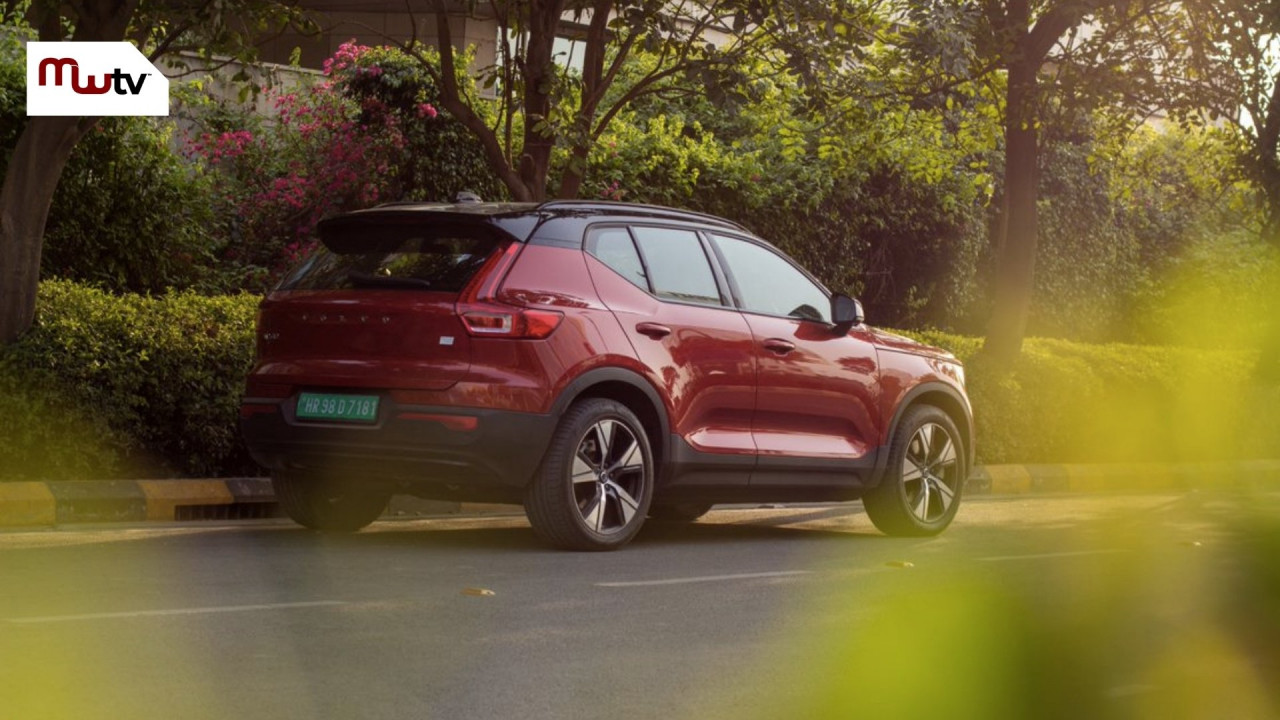
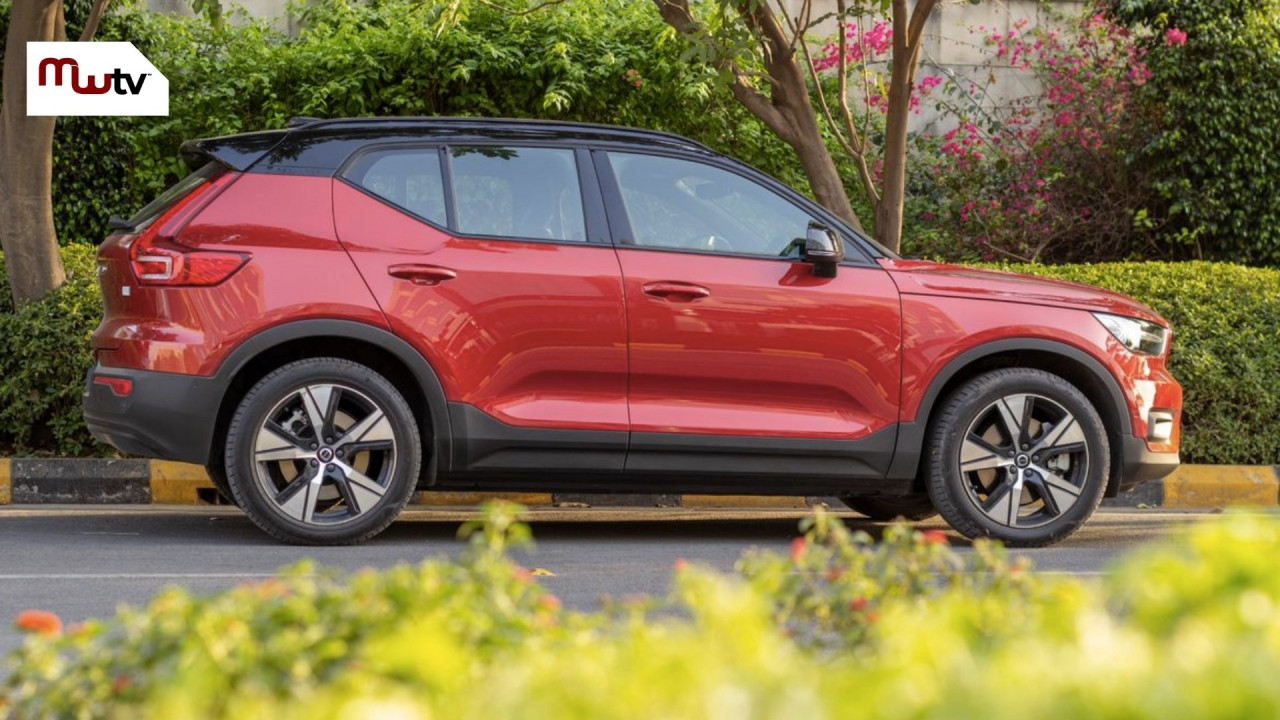
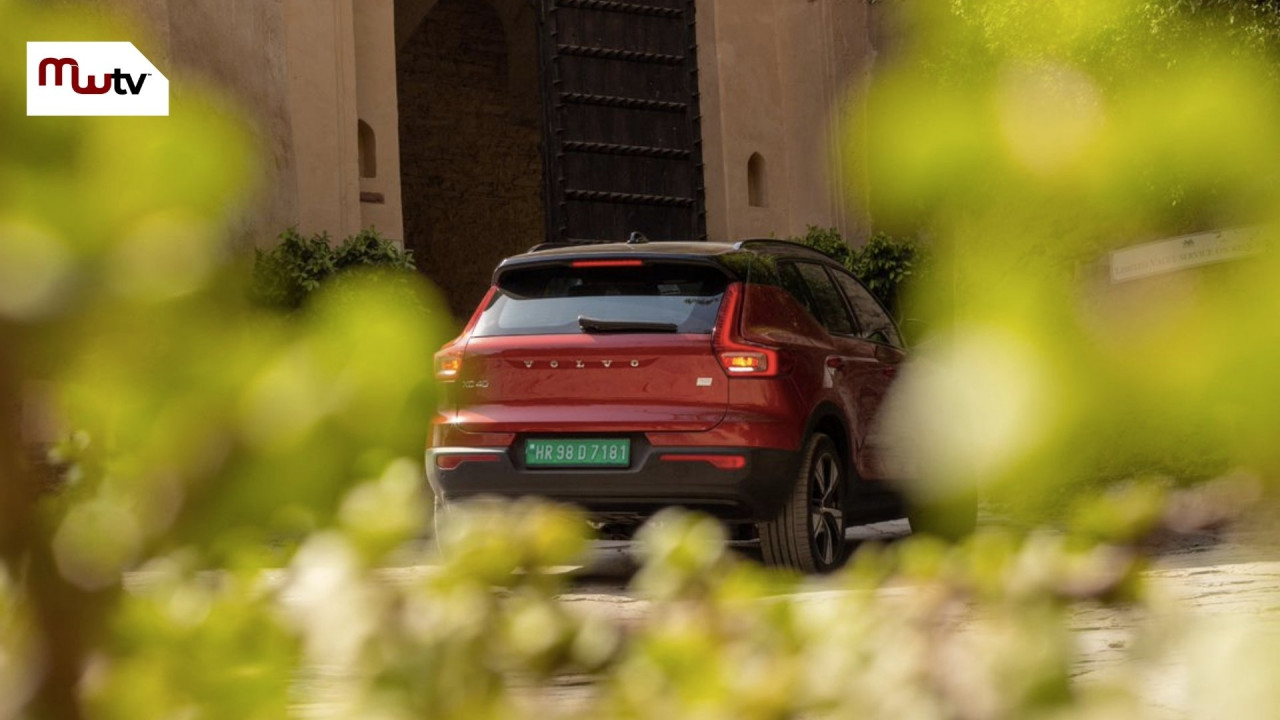








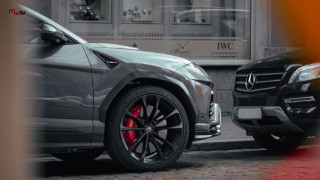

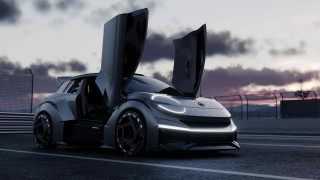
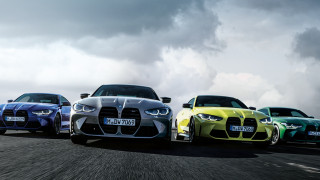
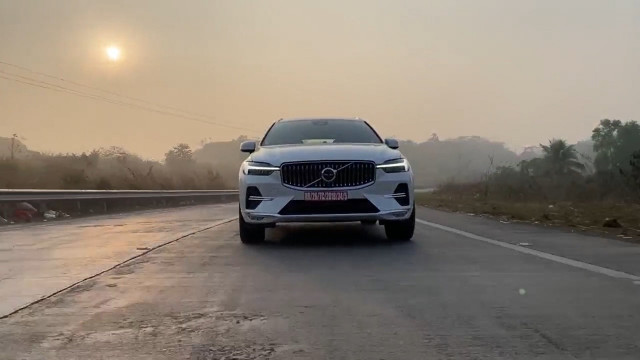
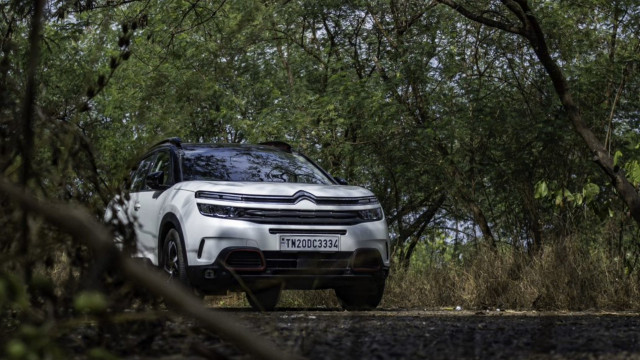
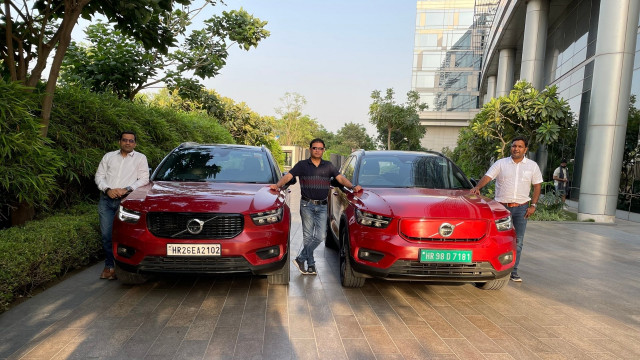


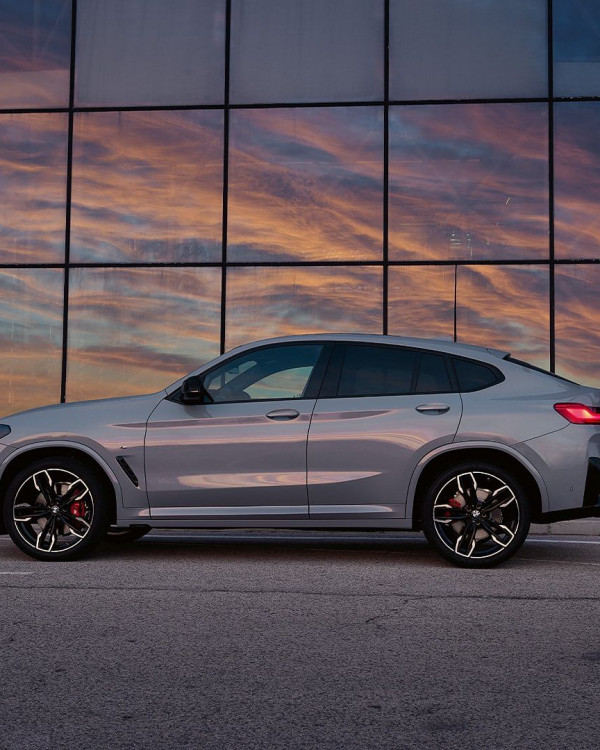
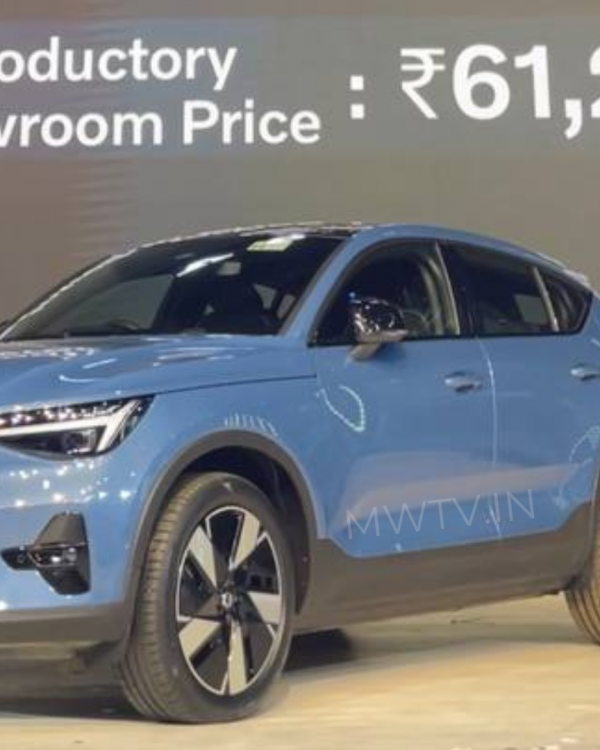

Your comment will be verified by admin before going live